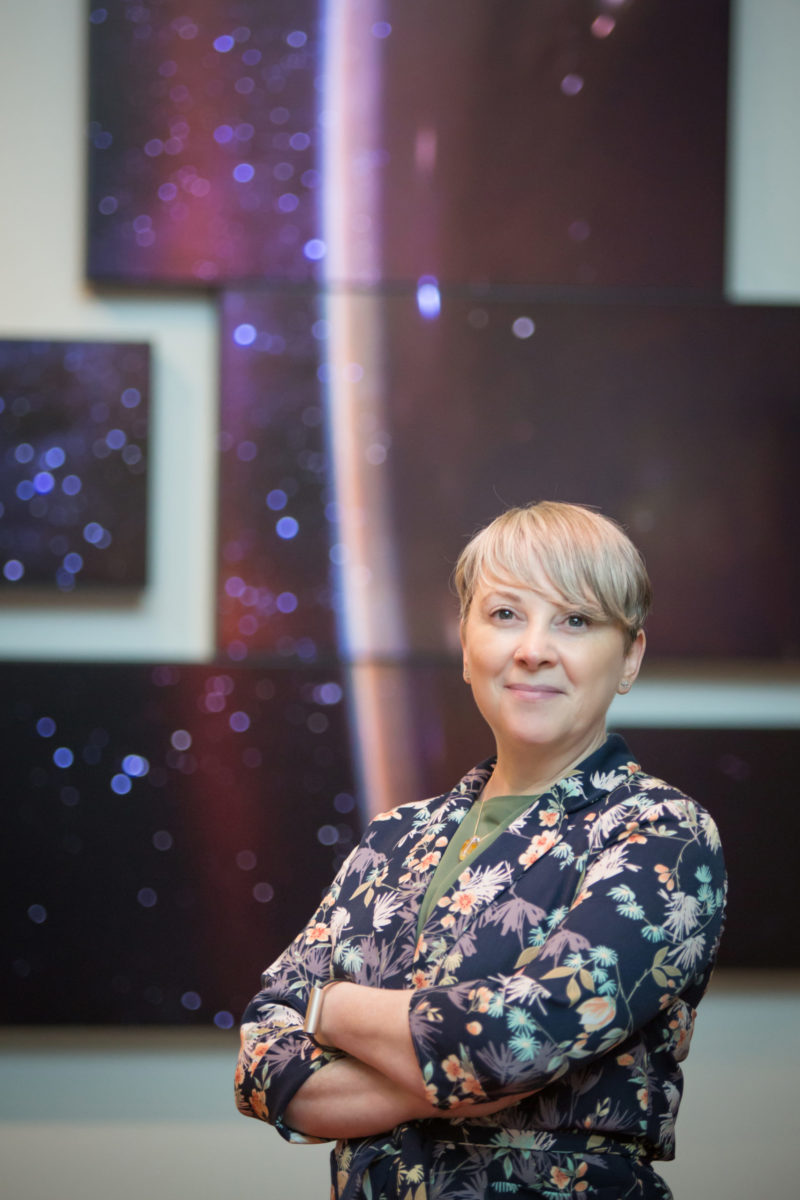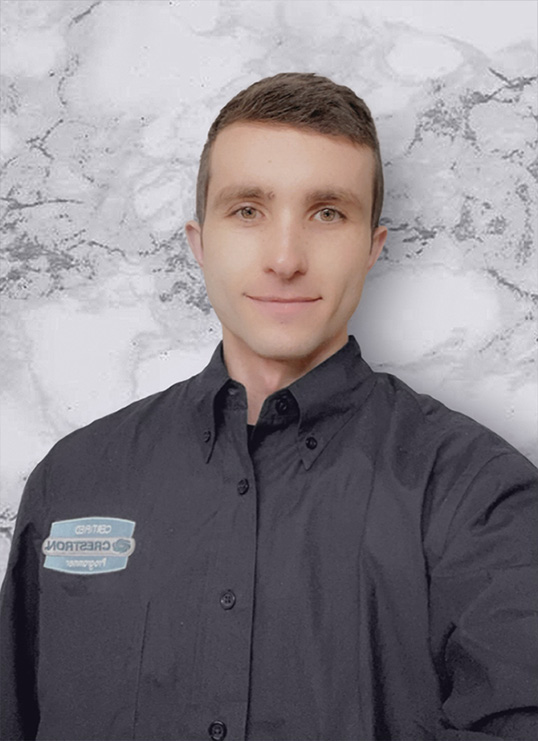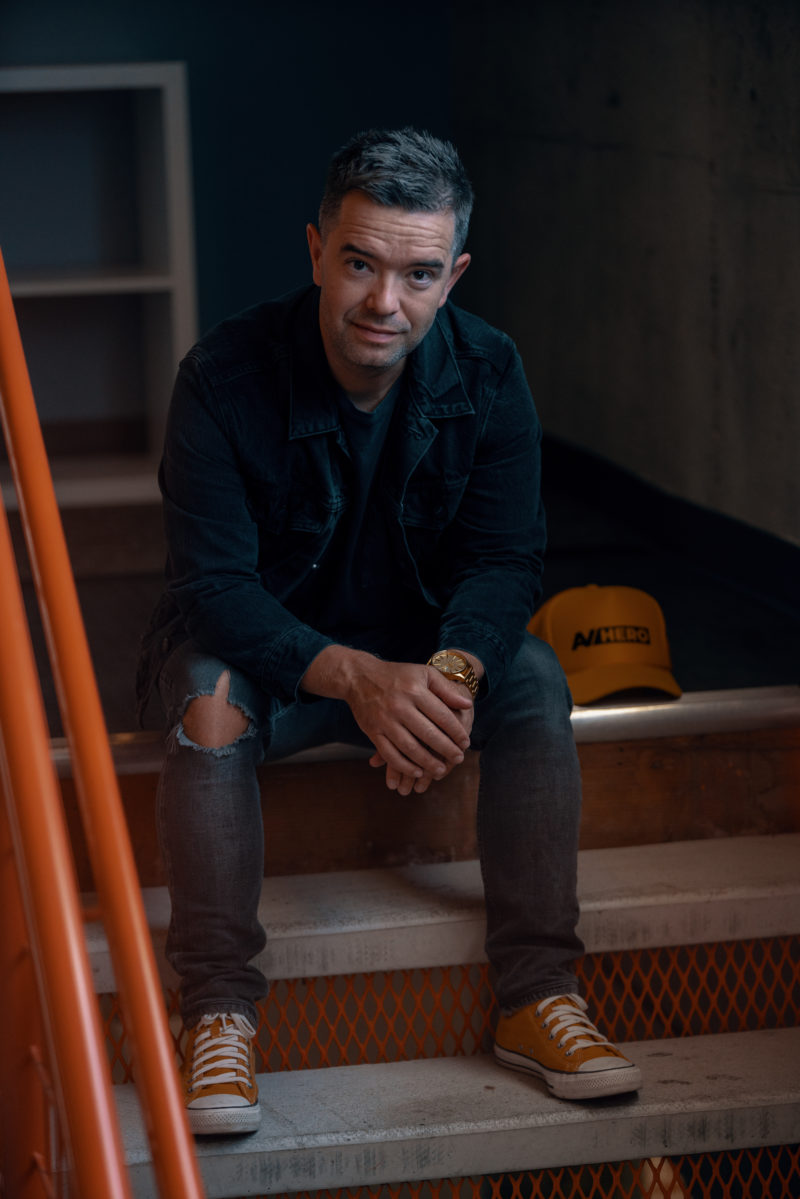Spotlight : Michael Frank, CTS-D, Senior Consultant, Thorburn Associates
Every week, I am highlighting some of the incredible people who work for the Audio Video Industry. In this post, we are profiling Michael Frank. Here is his brief introduction.

Michael Frank is an electrical engineer with over 17 years of experience in the field of design and integration of high end audio-visual systems.
1. Describe your journey in the AV industry? How did it start?
I started off with a summer job building racks and installing systems for a firm in the Boston area. Thereafter, I did multiple internships for them between semesters of classes and moved into their engineering department. After school, I joined another firm as a field installer prior to moving full time into their engineering group with a brief stop in project administration as well. I feel like those experiences helped my systems engineering work because I learned the industry from the ground up; something that not all new AV engineers/consultants get a chance to do.
2. What do you think are the challenges that are facing a new person who wants to join the industry?
Honestly, I don’t see too many challenges; most of the firms I know of and talk to (both integration and consulting) are actively looking for new people. It certainly helps to have a sincere interest in the field, or a background in something related, but generally speaking I feel like if someone wants to be a part of the AV industry there are opportunities to do so.
3. What are the positives of working in this industry?
Do you mean aside from playing with all the cool toys? Seriously though, I just got back from Infocomm where I watched video on a 20’x40’ direct view LED wall then listened to a pair of 10’ tall line arrays with 18” subs. The part I like the best is that I get to use all of these awesome devices to create unique solutions for clients.
[RELATED] : If you have missed any of the previous interviews, please click here.
4. What in your opinion would you change in the industry? What are the negatives that are prevalent?
After being on both the consultant and integrator sides of the business I believe we all need to do a better job of bridging that divide. When I made the switch to consultant my integrator friends told me I was going to the dark side, and when I got to my current firm I found out that the same feeling applies in reverse.
Looking back, I can see times where I as the integrator just assumed that the consultant didn’t know what they were doing and looked for any evidence to back that up. At the same time, it never occurred to me that often times the consultant might be working with a totally different user group, or that their designs might have been done years before the physical installation. When you factor those in, much of what I used to complain about was likely unfounded. That is not to say that every consultant design is perfect, but rather that I never gave any of them the benefit of the doubt.
Now as a consultant I see where that same idea is flipped – there is an assumption that the integrator just doesn’t understand (or can’t comprehend) what they are supposed to do, and if they would just read the drawings then everything will be fine. That is just not true. There is no way to take up to three years of design process and completely brain dump it onto paper; there will always be questions. That said – there certainly are questions that have obvious answers, and not all integrations are perfect, but those are not necessarily the majority.
Both consultants and integrators serve valuable purposes for clients, and if we work as a team the end result is a great product that makes the users happy now and into the future. We both have the same goals, so can’t we all just get along?

5. Describe your ideal client? What do you wish clients to know before hiring you?
My ideal client would be one that has a good vision of what they want and that trusts me to deliver it. When the client says “I just want it to be cool” that might sound awesome, but in reality “cool” is an incredibly vague target to hit. A client that says “I need it to do A, B, and C and my budget is $X” is much easier to work with. You have to know where you’re going in order to figure out how to get there.
6. If you were going to start over, what would you do differently?
That’s a good question! Honestly, I can’t say that everything has always been perfect, but I don’t think I would change where I am or how I got here. For better or for worse, everything I’ve done has added to my overall experience and knowledge of the industry.
7. Describe a typical work day for you. What are your daily disciplines?
A typical work day can vary between either a design oriented day or a project administrative one. Design oriented days are what you would expect – we are working with other project team members, both internal or external, to develop solutions for a client. Those days are fun – researching solutions, sketching out ideas, and generally coming up with a bunch of ideas until you hit on the ones that make the most sense. Administrative days are a bit less fun, but equally important. Those focus on answering RFI’s, reviewing submittals for various projects, or taking care of other project administrative tasks (communication, documentation, etc). It may not be as ‘fun’ but it is critical to the successful outcome of a project that we stay in contact with the team implementing the design.
8. Describe the apps and gear that you use daily which makes you more productive?
Any and all forms of communication – especially web conference meetings (Zoom/Skype/etc.) are important. We have lots of project team meetings, and it would be a giant drain on time to have to travel back & forth to all of them. The web meetings allow for us to accomplish the same things and still review drawings or brainstorm with the participants like we are in the room.
9. How do you stay relevant in this industry?
I try to keep up with news as it comes in – Twitter is great for that. Also, I make it a point to learn from others. Just because the idea isn’t mine, or might seem crazy at first, doesn’t mean there is nothing to be taken from it. I feel like having an open mind to all ideas is the best way to ensure that you don’t get stuck in a rut and miss what could be the next great solution.

Please connect with him on Linkedin.
Please drop your questions in the comments below and I will make sure that he sees them.
*****
Did you like this post? Connect with me on LinkedIn or just sign up for my free email newsletter.





